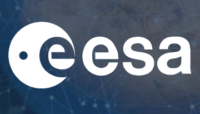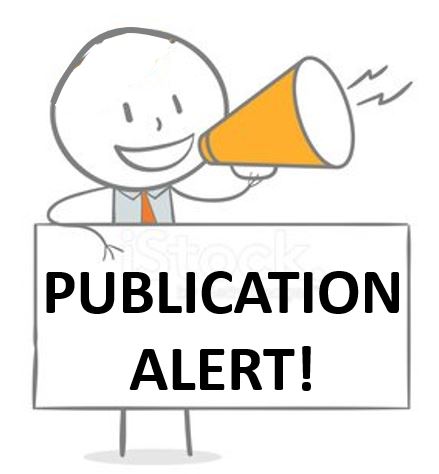| Introductory Webinar: Sea Level Change Tools for Planning and Decision Support |
| June 10 & 17, 2025 11:00-12:30 (Session A) or 14:00-15:30 (Session B) EDT (UTC-4) |
Global sea level has been rising at a rate of 3 mm/yr, and this rate is projected to continue to increase sea level over the next century. Scientists use observations from the ground, air, and space, along with theoretical models and scenarios of future emissions, to monitor and study past, present, and future sea-level rise. This information is a fundamental basis for mitigation, adaptation, and risk management planning in all parts of the world and across many elements of society and ecosystems. This two-part introductory webinar series will focus on NASA products and tools available to assess historical sea-level rise, access and understand projections of sea level, and investigate impacts. Participants will be exposed to the causes behind regional and global sea-level changes and explore climate and analysis tools to access, visualize, and perform statistical analysis using NASA data.
| Register |



 A
A  call for Research Proposals is Open!!
call for Research Proposals is Open!! Deadline for submission: June 15, 23h59 CET
Deadline for submission: June 15, 23h59 CET
